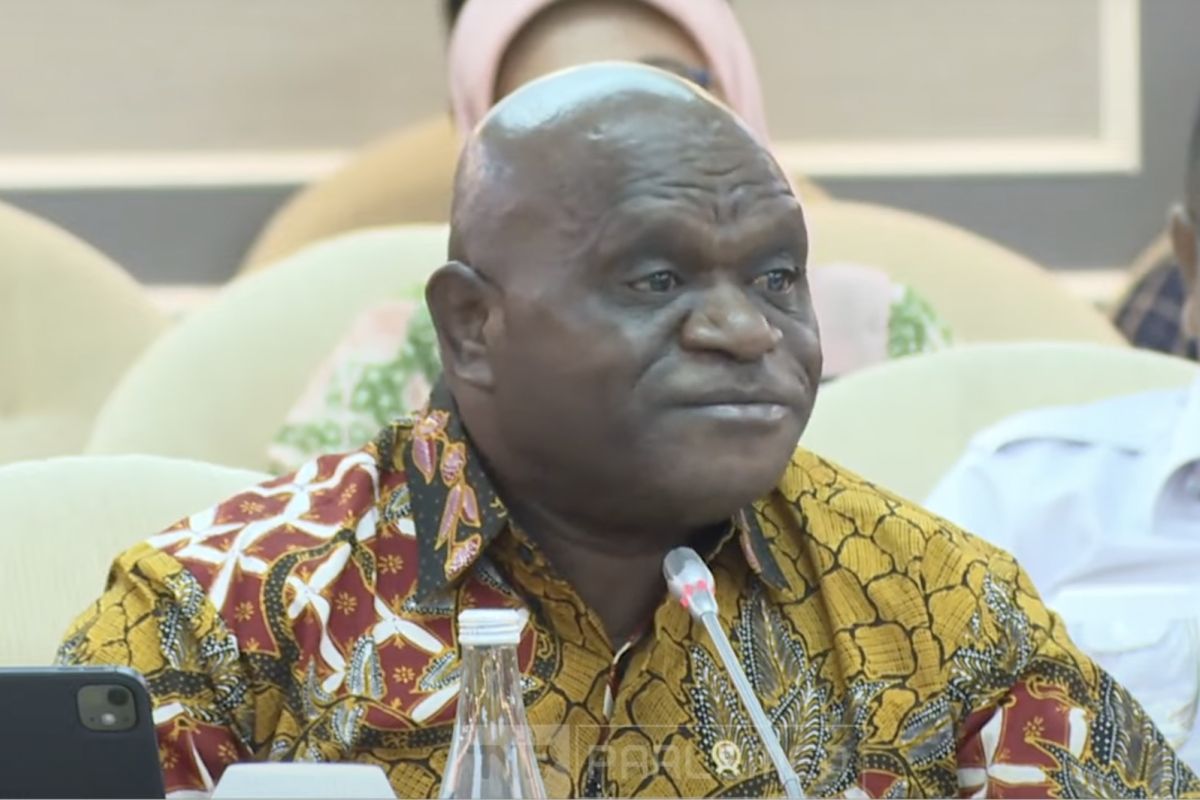Moroccan Justice Minister Abdellatif Ouahbi has reiterated his firm stance on restricting civil society organizations from filing criminal complaints in cases involving public funds, defending proposed amendments to Articles 3 and 7 of the Code of Criminal Procedure currently under debate.
In an exclusive interview with Best for you, Ouahbi said he remains convinced that it is the exclusive role of the state to monitor and prosecute violations of the law, not individuals or associations.
“We cannot allow anyone to take two pages from a report and use them to press charges against someone,” he said. “There have been abuses and deviations. Some officials were prosecuted based on premature complaints and were later acquitted.”
He argued that Morocco is not alone in moving toward this legal model, citing France, where civil associations require prior approval from the justice minister to initiate such lawsuits.
“It seems we are more democratic than France,” he said sarcastically. Ouahbi stressed the importance of allowing constitutional institutions like the Court of Auditors to carry out their mandates without interference, claiming that legal actions instigated by associations have disrupted institutional processes.
The minister offered examples, including a case where an official was investigated for three years following a complaint based on a Court of Auditors report that identified management mistakes, not criminal conduct. Ouahbi also referenced a recent university diploma fraud case, stating that civil society actors tried to exploit the public attention for political ends. “Enough deception of citizens,” he said.
Addressing criticism from within the judiciary, Ouahbi challenged the role of judges who publicly opposed the proposed amendments. He cautioned against a judiciary that simultaneously seeks to legislate and adjudicate. “Either you legislate or you judge,” he said, asserting that judicial independence should not come at the cost of overreach into the legislative process.
He also warned of a potential emergence of what he called a “government of judges,” expressing concern over judges commenting on legal reforms, especially when such commentary is based on partial or misunderstood information. “Judges should wait and seek the full truth before making public statements, particularly during internal debates,” he said.
On judicial associations, Ouahbi maintained that judges, bound by rules of impartiality, cannot act like unions or political actors. “If they want to behave like political forces, they’ll need to revise the Constitution,” he said, adding that he discusses matters related to the judiciary with the delegated president of the Supreme Council of Judicial Authority and the prosecutor general, not with associations.
Ouahbi said he expects judges to respect legislative authority just as lawmakers respect judicial independence. “I will not propose any laws in this regard. I trust that the judiciary will handle this responsibly,” he said.
Responding to the resignation of Mohamed Bachir Rachdi, former head of the National Authority for Integrity and Anti-Corruption, Ouahbi denied any conflict between the official and the government.
“His reports pointed to statistical trends, not specific acts of corruption or individuals. As a legal practitioner, I deal in facts, not hypotheses,” he said.
Ouahbi also stressed that anti-corruption efforts in Morocco are a matter of state policy, not just government responsibility. Institutions such as the Court of Auditors and the public prosecutor’s office, both independent from the executive, play central roles in fighting corruption.
“We won’t eliminate corruption simply by jailing people. We need to understand the systemic flaws and fix them. Otherwise, we just reproduce the same problems,” he said, warning that a culture of corruption permeates Moroccan society.
On a separate issue, Ouahbi defended the government’s recent decision to bar lawyers from drafting real estate contracts, saying it was made in consultation with the legal profession. “There were abuses and deviations in this practice. It’s not a conflict with lawyers, it’s a shared effort to improve our legal system,” he concluded.

0 Response to "Minister Ouahbi defends restrictions on civil society role in public funds cases"
Post a Comment